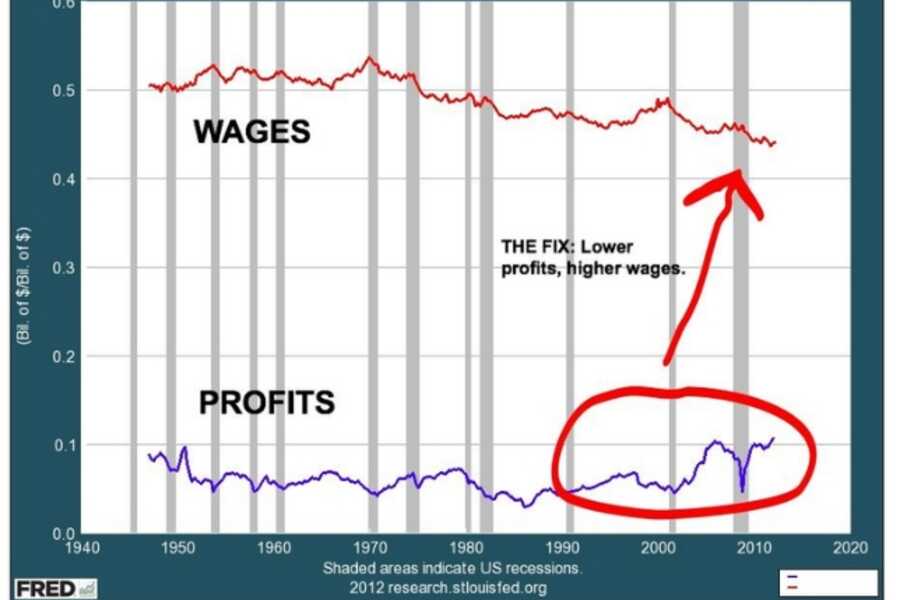During the first lecture we have talked about the definition of sustainability. Most people agree upon the following definition: “meeting the needs of the present, without compromising the ability of future generation to meet their own needs”. This definition is also used by the World Commision on Environment and Development.
Based on own experiences, I dare to say that most people don’t have a clue about this broad definition of sustainability. Many people I have met in my life, relate sustainability to green energy. Which makes sense, since almost all articles you read about sustainability talk about reduction of greenhouse gasses and the transition to other, more sustainable energy resources. Very important, of course, but sustainability comprises so much more in my eyes. The needs of the present and the needs of future generations are not only revolving around energy needs and greenhouse gasses. The basic needs of people are the needs that form the foundation of Maslow’s pyramid. And it is those needs, that are in jeopardy.
The bottom of the pyramid is made up by physiological needs such as food, water, sex and sleep, followed by the second layer, the safety needs, which consists of security of employment, of health, of resources and of property. Unfortunately we are witnessing a tendency over the last decades, where big multinationals (especially American multinationals), have jumped from below-average profit margins to the highest profit margins in history. This has only been possible by cutting in the workforce and reducing the real (discounted by inflation) wages of the employees. As a result, unemployment is rising and more and more people in developed countries such as the USA or Germany need 2 or more jobs to reach the end of the month. And even with several jobs, more and more people are not able to afford basic necessities, such as decent shelter, healthy food, security of resources and security of property. Probably even worse, these situations can cause a lot of stress, sleeping problems and relational issues. It is clear that this is a very unsustainable situation for a growing number of people, which will not only affect this group, but society as a whole and hence these multinationals as well.
The solution is easy in my eyes. These companies that yield exorbitant high profits, will have to start paying their employees more. By doing that, I assume that loyalty to the employer will be increased, employees will face less financial struggles and thus be happier and in turn these multinationals will get better employees. This can also aid in reducing hiring and training costs. It helps to pump more money into the pockets of the employees, who will most probably let it flow back into the economy. This way, these organizations can also help to restore a healthy economic growth and create long term value, both for themselves, as for the employees and society.
Only by solving sustainability issues on these core levels, we can start thinking about higher needs in the Maslow’s pyramid such as problem solving. I am sure we will then come up with better solutions for all the other sustainability related issues, such as green energy and reduction of greenhouse gasses. So companies: “please start thinking long term and think in maximizing value instead of maximizing profit”.


